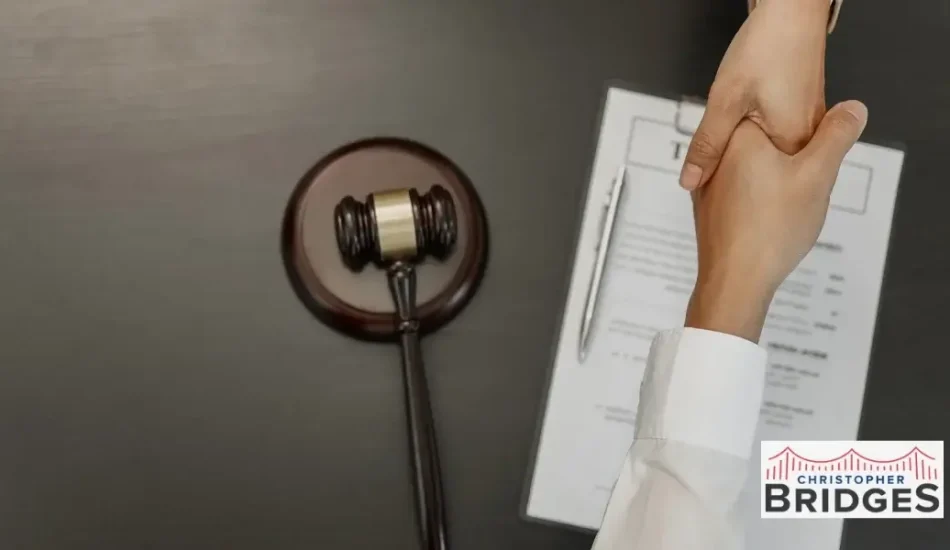|
|
Last Modified on Apr 02, 2025
It is an incredibly difficult time for families when a loved one passes, and there are many important steps that must be taken. One of these processes is filing for succession and beginning the oversight and distribution of the individual’s estate. It’s important to be aware of Louisiana succession laws. These requirements can be very complex, and being aware of how the specifics relate to the inheritance of an estate can make the process go more smoothly.
What Is Succession in Louisiana?
Succession in Louisiana is called probate in other states. A succession lawyer assists with the process of inventorying, settling, and distributing a deceased person’s estate. When someone dies, their estate passes to the state’s jurisdiction unless they have taken specific steps with estate planning to avoid this, or the estate is small enough to qualify for alternate methods of settling the estate.
An estate includes the assets and debts of the individual, including real estate property, bank accounts, student loans, and many other personal assets and debts. The succession process follows the instructions left in the deceased’s will, including distributing the assets and debts to the individuals listed as beneficiaries. If there is no will, the succession process distributes the estate according to intestate succession laws.
Succession should be filed as soon as possible after an individual’s death. Successions in Gonzales are managed by the 23rd Judicial District Court (JDC). There are two 23rd JDC courthouses in Ascension Parish, with one located at 607 E. Worthey Street in Gonzales. A person’s succession is handled by the 23rd JDC if they lived or died in one of the parishes that the 23rd JDC serves.
Testate Vs. Intestate Succession
Testate succession occurs when there is a valid will, while intestate succession occurs when there is no valid will. Once succession has been filed, the first step is the review of any existing will to determine if it is enforceable and legally valid. If the deceased also had a complete estate plan, the documents in that plan will also be reviewed for validity.
If a will is valid, then the succession process will proceed while following the wishes of the deceased, which could include the distribution of their assets, the settlement of their debts, and even the caretaker for their children.
If a will is not valid, or there is no will at all, the succession process will distribute the estate based on the state’s intestate inheritance laws. The court will also appoint an individual to act as the executor of the estate.
What Is Intestate Inheritance in the Succession Process?
Only 24% of people in the U.S. had a will, while more than half had no estate planning documents at all. If someone dies without a valid will, they have no say over the distribution of their estate. Under Louisiana family law and estate planning principles, an estate with no will is passed to close living relatives, including descendants, surviving spouses, parents, siblings, and other relatives.
How the deceased’s property is distributed depends on what is separate and what is community property. When a couple marries, the assets and debts they obtain during their marriage are nearly all community property, while separate property includes the assets and debts from prior to their marriage. These designations are important in the intestate succession process.
A deceased spouse’s community property is inherited:
- By the surviving spouse, if there are no descendants of the deceased
- The surviving spouse in a usufruct, meaning that they have limited rights to the property until they die or remarry, and then the property passes to the deceased’s descendants
A deceased person’s separate property is inherited:
- By their descendants
- By their parents, by their siblings, or by their siblings’ descendants if the deceased has no descendants
- By their surviving spouse, if the deceased has no surviving descendants, parents, siblings, or siblings’ descendants
- By other ascendants, such as grandparents, if none of the prior individuals survive
- By the deceased’s collaterals, if none of the prior individuals survive
If none of these relatives survive the deceased, the estate may pass to the state’s jurisdiction.
FAQs
What Is the Order of Succession in Louisiana?
The order of succession in Louisiana is the order in which close family members inherit the estate of their loved one who has passed. When someone dies without a will in place outlining the division of their estate, the order of succession distributes their assets and debt to their closest living relatives.
Who Inherits if There is No Will in Louisiana?
If there is no will in Louisiana, the deceased’s estate will be distributed to close loved ones, based on which relatives are able to inherit.
The first steps of this process are:
- All community property is inherited by a surviving spouse if there are no descendants
- All community property is held in a limited usufruct by the surviving spouse until they die or remarry
- All separate property is inherited by the deceased’s descendants
What Is Needed to File a Succession in Louisiana?
In order to file a succession in Louisiana, you may need:
- The deceased’s death certificate
- Their current and enforceable will
- An inventory of their assets and debts
- A petition for possession to appoint an executor
- Notice to creditors, known and unknown
- An affidavit of heirship to identify the deceased’s heirs
- A judgment of possession to authorize the distribution of assets
An attorney can help you determine what is needed to file.
When a Spouse Dies in Louisiana, Who Gets the House?
Who gets the house when a spouse dies in Louisiana depends on whether the deceased has a will or not, whether the house is considered separate or marital property, and which family members survived the individual. The deceased can state who gets the house in a will. If there is no will, and the house is community property, the surviving spouse either inherits it or inherits it in a limited capacity under a usufruct.
Successfully Navigating the Succession Process in Louisiana
Succession is a very complex process, and the unique laws in Louisiana can make it even harder to navigate. When you need experienced and practical legal support in the administration of your loved one’s estate, Christopher J. Bridges, Attorney at Law, can help. Our firm provides over 25 years of experience and helps families feel more confident about these legal processes. Contact Christopher J. Bridges for support in the Eastern and Middle Districts of Louisiana today.






